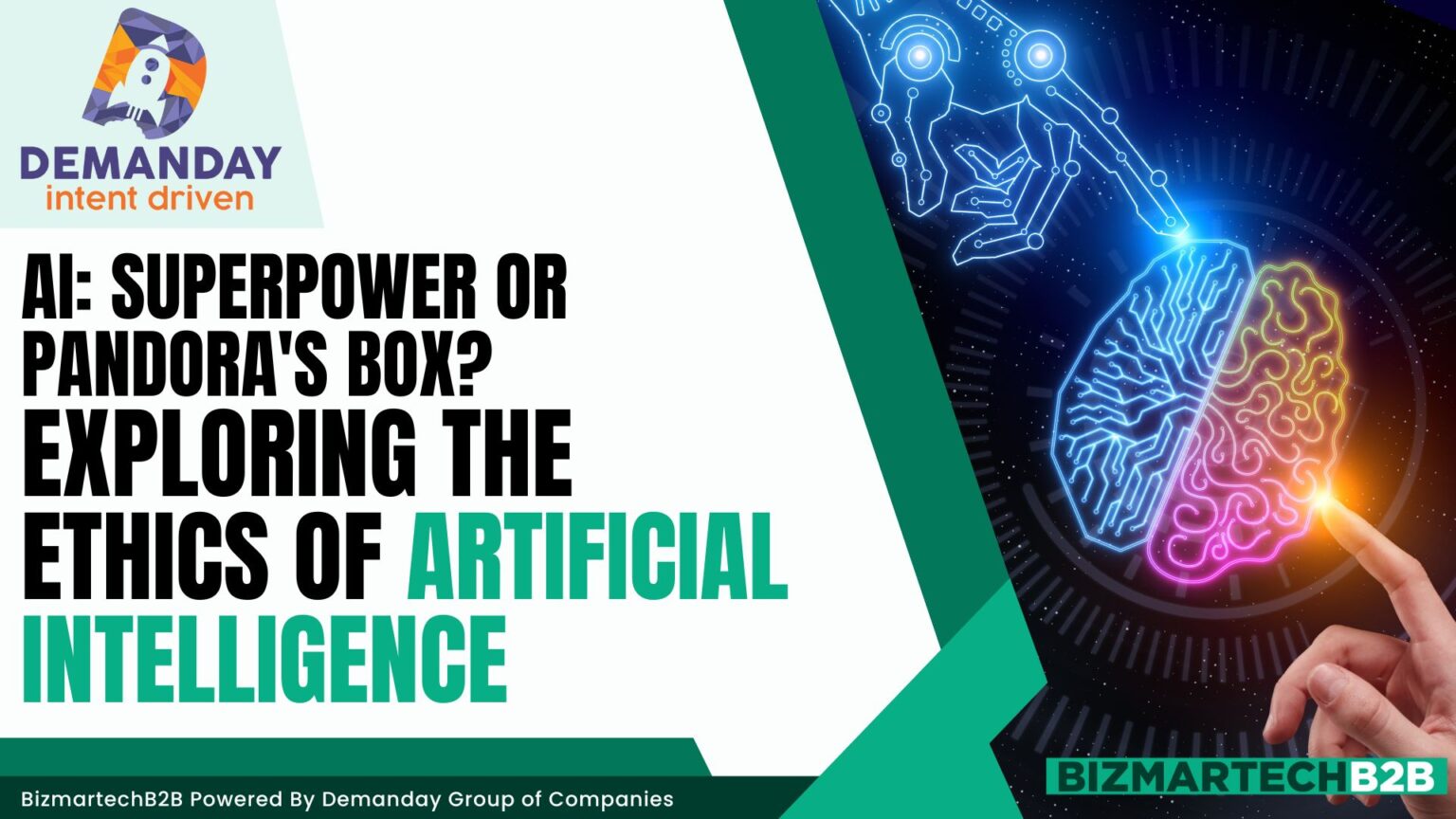Artificial intelligence (AI) is rapidly transforming our world, from the way we shop to how we interact with healthcare. However, there are always risks associated with immense power, and AI is no exception. As AI becomes increasingly sophisticated, it’s crucial to consider the ethical implications that come with it. Let’s delve into this complex topic and explore some key questions:
Fairness in the Age of Algorithms: Avoiding Bias in AI Decisions
Imagine applying for a loan or a job and being evaluated by an AI system. Sounds efficient, right? The concern lies in potential bias. The quality of AI algorithms depends on the quality of the training data. If that data is biased, the AI system could perpetuate discriminatory practices in areas like loan approvals or hiring decisions. This is why BFSI institutions and other organizations must use AI to ensure their algorithms are fair and unbiased.
Transparency and Explainability: Understanding How AI Makes Decisions
Have you ever received a loan denial or a targeted ad and wondered “Why me?” Often, AI models can be like black boxes – their decision-making process remains obscure. This lack of transparency can be problematic. Imagine being denied a critical service without understanding the reasoning behind the AI’s decision. As AI becomes more integrated into our lives, ensuring transparency and explainability in how these systems arrive at their conclusions is paramount.
The Human Touch: The Irreplaceable Role of Human Oversight
Though strong, AI cannot take the place of human judgment. Certain situations require the empathy, understanding, and ethical considerations that only humans can provide. For example, while AI can analyze medical data to identify potential health risks, it’s ultimately a human doctor who makes the diagnosis and treatment plan, taking into account the patient’s individual circumstances and emotional well-being. The future lies in a collaborative approach where AI and human expertise work together for optimal outcomes.
The Evolving Landscape of AI Regulation: Setting Guidelines for Responsible Development
Regulations must change in tandem with AI’s ongoing evolution. Governments and policymakers are grappling with the challenge of setting ethical guidelines for AI development and deployment. These guidelines should focus on issues like data privacy, algorithmic bias, and the potential for job displacement due to automation. By establishing clear and comprehensive regulations, we can ensure that AI is developed and used responsibly for the benefit of society.
The Future of AI: A Call for Responsible Innovation
The potential of AI is undeniable. From revolutionizing healthcare to tackling climate change, AI has the power to solve some of our world’s most pressing challenges. However, responsible development and deployment are crucial. By fostering open dialogue, prioritizing ethical considerations, and implementing safeguards, we can ensure that AI becomes a force for good, empowering us to create a better future for all.
Never forget that AI is a tool, and its effectiveness depends on how we utilize it. Let’s work together to ensure AI remains a force for positive change in the world.

